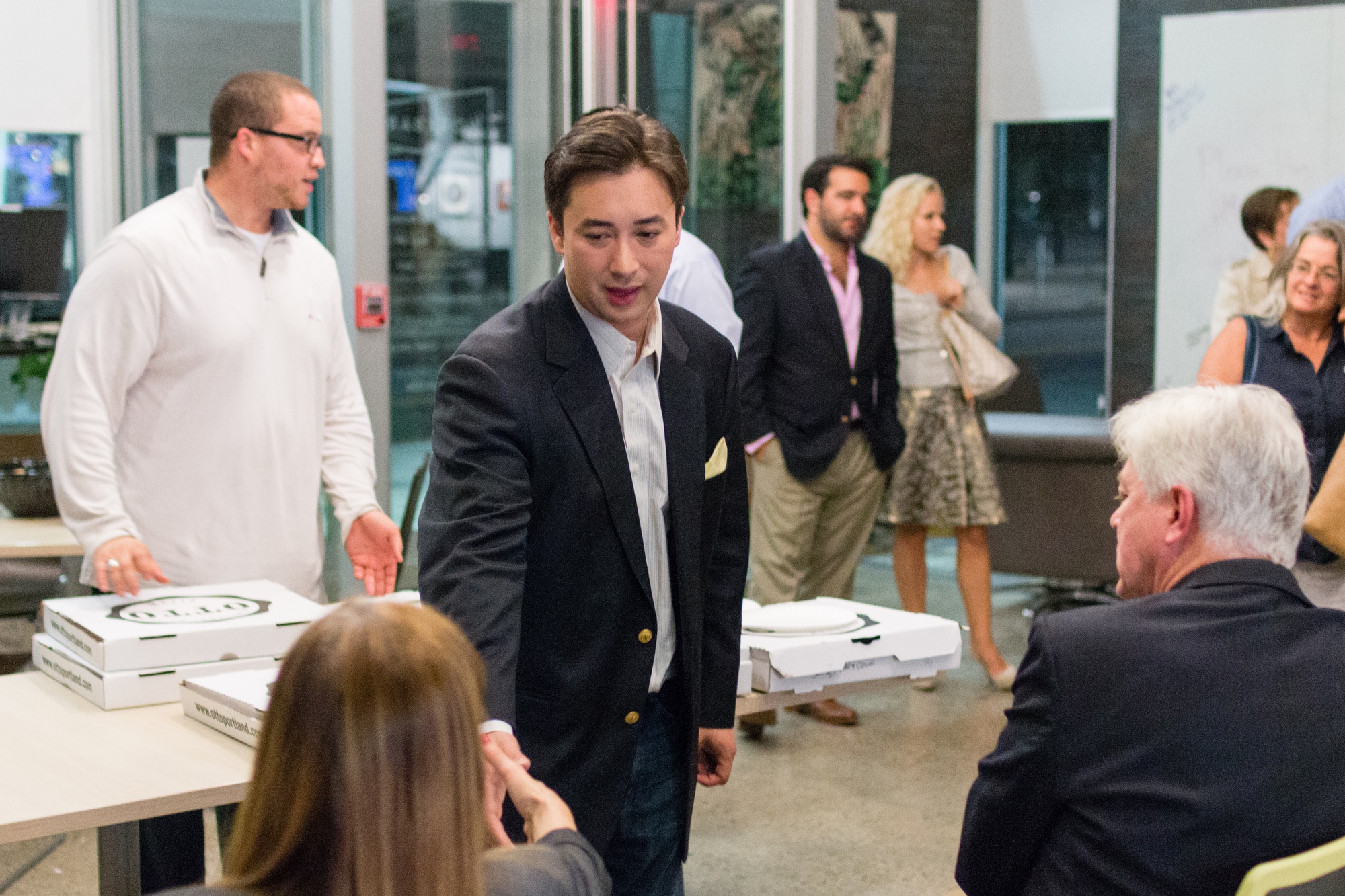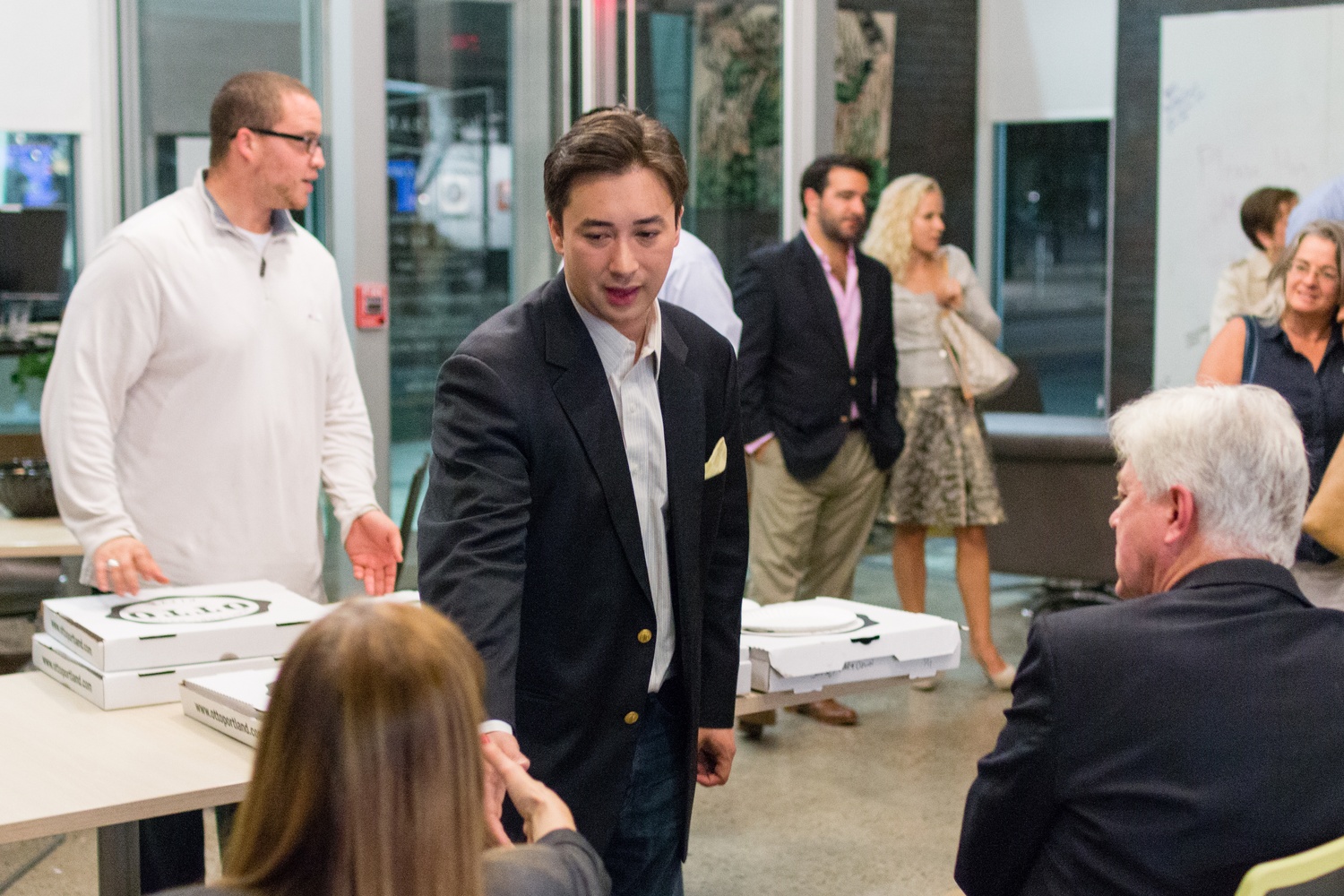
News
Summers Will Not Finish Semester of Teaching as Harvard Investigates Epstein Ties

News
Harvard College Students Report Favoring Divestment from Israel in HUA Survey

News
‘He Should Resign’: Harvard Undergrads Take Hard Line Against Summers Over Epstein Scandal

News
Harvard To Launch New Investigation Into Epstein’s Ties to Summers, Other University Affiliates

News
Harvard Students To Vote on Divestment From Israel in Inaugural HUA Election Survey
Cambridge City Council Backs GSAS Student Union Effort

With sharp criticism towards the Harvard administration, the Cambridge City Council reaffirmed its support of the graduate student unionization effort in a resolution that passed unanimously late Monday evening.
The City Council claims in its resolution that Harvard administrators are interfering with the graduate student unionization effort. The resolution is sponsored by City Councillor Leland Cheung and expresses the Council’s “strong support” for the effort to gain collective bargaining rights for graduate students at Harvard.

“We’re glad to see that students, junior faculty, research assistants, and teaching assistants are coming together and organizing to have a stronger voice within the administration,” Cheung said.
Ann Hall, a spokesperson for the Graduate School of Arts and Sciences, declined to comment before the Council passed its resolution.
This resolution, proposed by the newly elected City Council, follows a November resolution unanimously passed by the previous Council, which supported the efforts of Harvard’s graduate student unionization movement, named the Harvard Graduate Student Union-United Auto Workers.
Cristina V. Groeger ’08, a graduate student in the History Department and an organizer for the unionization movement, addressed the Council on behalf of the HGSU-UAW at the November meeting.
“We hope to get the administration to recognize that workers having a voice is a good thing and that they should let the workers decide without threats, intimidation, and misinformation,” Groeger said at that meeting.
Groeger specifically mentioned a memo circulated by GSAS administrators to the deans and top administrators of Harvard’s schools.
The memo advised faculty members against threatening students who support the unionization effort, interrogating students about union membership, promising favors for students who stand against the effort, or carrying out various other anti-union actions.
The memo also states faculty members should “explain the disadvantages of union membership” and “stress the importance of the academic relationship between faculty members and students.”
Groeger pointed to these subpoints as examples of how the administration “is trying to sway the outcome of what really should be a democratic decision among grad students.”
Cheung said he hoped the resolution would push the Harvard administration to accept the unionization efforts, despite the University’s opposition.
“I think the administration should be welcoming it,” Cheung said. “I think they should not see this as a fight between a group of people who work for the University and the University itself. It should be both sides.”
“I mean, we’re very happy that the Cambridge City Council decided to endorse the effort,” graduate student union organizer and HGSU-UAW spokesperson John M. Nicoludis said. “It really shows that the Cambridge community supports grad workers.”
Based on current legal precedent, private universities can refuse to recognize graduate student unions, even if graduate students vote to form one. The National Labor Relations Board ruled in 2004 that graduate students are primarily students and that any work they do is part of their degree program. However, the current NLRB, with its more liberal composition, could view graduate student unionization more favorably.
This is not the first time the Cambridge City Council has fought with Harvard over unionization efforts. Councillors worked alongside employees at the Harvard-owned, Boston-Cambridge DoubleTree Hotel in their efforts to collectively bargain. The hotel’s employees were allowed to unionize last April.
In general, union organizers often look to politicians at the local and state level for support. For example, Connecticut Governor Dannel P. Malloy voiced his support for the graduate student unionization movement at Yale.
“We’re trying to get as much political and community support as possible, so we’re definitely still working on increasing that support,” Groeger said.
—Staff writer Joshua J. Florence can be reached at joshua.florence@thecrimson.com. Follow him on Twitter @JoshuaFlorence1.
—Staff writer Samuel Vasquez can be reached at samuel.vasquez@thecrimson.com. Follow him on Twitter @svasquez14.
.
Want to keep up with breaking news? Subscribe to our email newsletter.
